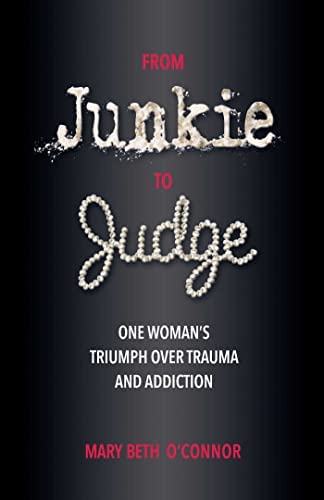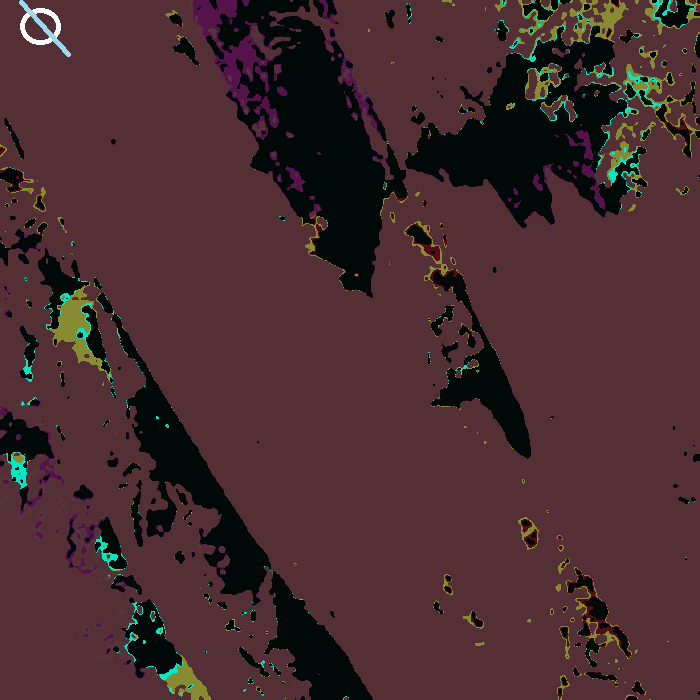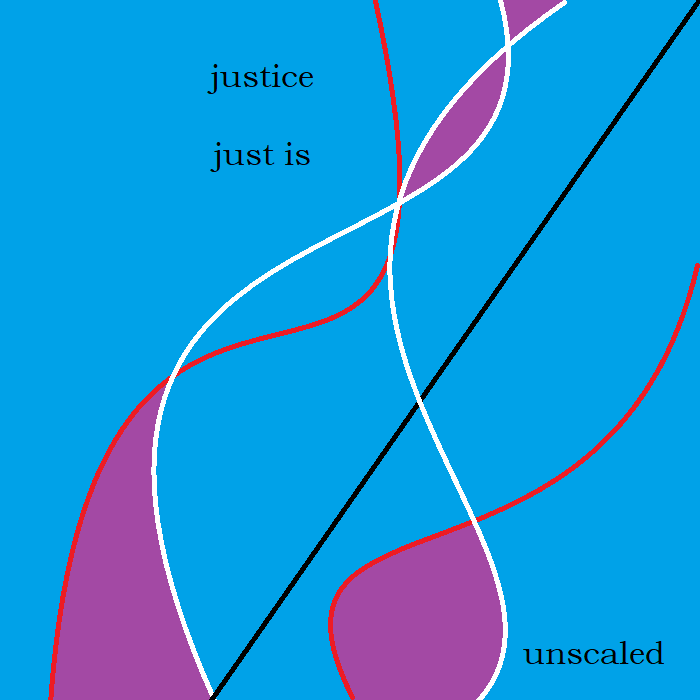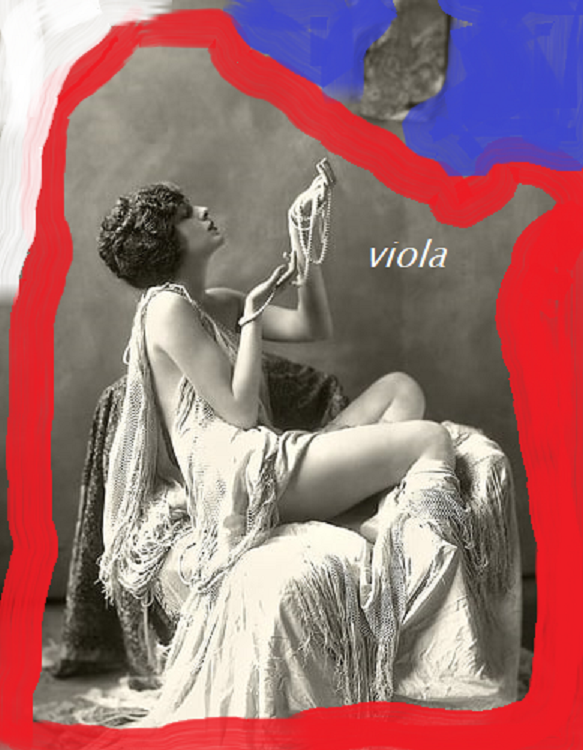She definitely wasn't singing. This was a cry at the break of dawn, I couldn't understand her words but the pain. Perhaps, hope of surviving the day, the sky is enough to occupy species but not ready to spice her lips. Or the climate condition, surviving the burning noon or the cold that houses her haven. She definitely wants a HOME Maybe a listener or comforter, and she did, as I watch her. She was next to my room, perching filtered tree on hope to survive. Not all bird sings, some cries. Title:- Cries of my neighbour Adepoju Timileyin: Juste Ink :::::::::::::::::::::::::::::::::::::::::::::::::::::::::::::::::::: Nigh on Nine I rote on tales from granny, about the last penny that got married to the soil, She must be lost. I learnt of mistakes from granny, that it shines with the evening sun it's neither hot but hurts n' hunt. Oh pains of losing a day! I cleared anxiety n' shuffle my hopes. I nailed my fear and caged my guilt, And before the night came I cleared the soil afraid of losing my penny. And so I dream dreamt about my sleep. And so I knew, knows dreamland was an odyssey to future n' Illusion pinned on mindset. Adepoju Timileyin: Juste Ink. ::::::::::::::::::::::::::::::::::::::::::::::::::::::::::::::::::::: My Grandma Tales My grandma had said, "even burial grounds makes noise" She said, her father, My granny still shouts, whispers n' hold whips on wheel of hope. She also said, Màmá Sódìki, our next door neighbour, whose history says she left to buy cloth for her children since birth, I don't know if to envy the twin, they'll have more to wear. And Ìyá okẹ̀-odò who sit beneath the ólùmọ́ tree and feed ears with Àló, I once overheard nightingale repeating her rhythm, who dare not envy such sonorous tune. My grandma said, they made burial ground their haven and scare us away from their abode to home beneath momma's wrapper. Poem by:- Juste Ink :::::::::::::::::::::::::::::::::::::::::::::::::::::::::::::::::::: POET'RY Where there is pain; We proffer lines of comfort.... Where there is betrayal; We sit them beneath stanzas of trust... And where there is no one, We are here, there, n' anywhere, With themes of solitude enough to gulp sorrows We have chose to bear children of their pains, We have chose to carry drops of their misfortune on lines (art) of poetry. Poem by:- Adepoju Timileyin: Juste Ink
Monthly Archives: November 2022
Artwork from Norman J. Olson
Poetry from J.D. DeHart
Marginalia Now, here it is, nestled in the ice path, resting restless at page’s side. While the wide blank field might draw the eye, free of lilt, unmarked, virgin ground, it’s a landscape largely without contemplation. Look instead at corners of circumnavigation, the story echoes from the mountain’s sharp spaces, often just out of sight, spoken over, ignored removed a palimpsest reaching onward, outward, a counternarrative ready to recenter. Predators Are Often Silent Of course, we had no idea such teeth were set just at the boundary of quiet tree line. Who might have known that a hungry force could exist as a mere shift of darkness to light? Such a soundless movement. We have so many complicated stories of assaults in cacophony, yet damage can swiftly switch foot to claw, undetected. My wife tilted with a rustle, trying to make sense of the change, considering the air, looking at me as if to say: Do you see it too? I could only nod in July’s amber porch glow, before we turned back inside, retreating to the safety of society. Does the Horse Deserve a Poem? What seemed like imminent death galloped towards me. I must have been fourteen, thinking I knew more than I did (probably still think that way). Still galloping, he turned to the side and passed gas – loudly. Then trotted away. Anticlimactic. Here I am talking about this decades later, and does this moment deserve to be preserved in poetic form? The horse, no doubt, is long since passed on. I keep his legacy alive. I saw him in the hollow, at the neighbor’s house where I cried at the age of twelve because I misread country code – threw a rock at a dog that was chasing some deer, which I thought was a universal action. I can picture him now not stopping, what might have been. Coming face to face with barnyard rage, trampled. When he saw that I did not run, I suppose he decided there was no fun in it, leaving me with only another story to tell from the country. Years later, I would tell my students and some parts of this story always earned an enthusiastic guffaw. Perhaps, they might think, the best story I ever told. Too Nice I suppose they might say, except those few who have whisked moments to froth. We are travelers here one time, so far as I know, and forestall rather than rush to rage. Nevertheless, backed in a corner, I can find the bone-edge words and deliver them, well past the wishing for compassion instead. How Unexpected this new window view, a trip to share about Salinger, meeting Holden Caulfield again. The story takes a turn, a moment of decision, and here I am, whispering and singing words on a new and yet familiar stage, celebrating words from Zora Beale on down to Long Way Down, and so will state again a love for the written word.
Short story from Mary Grimm
Dreaming Backward I was someone else, a younger woman who was polite and shy. I was on a family vacation except it was not my family I was looking for a dentist but he had moved out and his office was empty. I was a male student in a comics class, not paying attention, and was called on to explicate a new superhero comic. I saw an old friend pass by me, quite close, intent on something else. She had aged and her hair was uncombed. I was a character in a book, but I was also trying to write the book. I climbed into a treehouse that was carved into a great tree. I discovered that my boyfriend had spilled something so I wetted two paper towels to wipe it up -- the spill was a yellow-orange color, as if it had turmeric in it. I was in my sister’s office and her bookcase tipped over and hit her in the back of her head. I was visiting a billionaire on his immense yacht. I was crossing a plaza and saw my cousin coming toward me. I realized I wasn’t wearing a mask when I saw that she wasn’t wearing a mask. But I was embarrassed to put mine on. I was piloting a small submarine in a sea the color of lime jello with a few drops of yellow food coloring added. I drove with a man who had a wooden car to a factory where we were going to have lunch in the employee cafeteria, but when we arrived there were dinosaurs in the parking lot. I had to protect a baby – a real baby and a fake baby – from someone who wanted to steal it. There was some question of whether the fake baby was in fact also real. I was rewriting the Lara Croft film I watched last night, thinking about whether it was likely that she would kill Gerard Butler, her lover. I was at a beach and someone was swimming very far out.
Mary Grimm has had two books published, Left to Themselves (novel) and Stealing Time (story collection), and a number of flash pieces in places like Helen, The Citron Review, and Tiferet. Currently, she is working on a YA thriller.
Art from Mark Young
Short essay from Lorraine Caputo
QUIRIGUÁ
A rocky road studded with jade and copper-blue rocks cuts for several miles through banana plantation, heading for the heart of the Maya past. This land formerly of Cuauc Sky, Jade Sky … formerly of the United Fruit Company, now (in this late-December of 1993) of DelMonte.
A hedge of clavel separates road from field. Their bright red flowers cascade towards the dustraised by passing trucks and tourist buses. Three men ride up on bicycles, a small bunch of bananas slung from the handlebars. They pass a sign. PROHIBITED TO CUT RACIMO DE BANANO.
The finca stretches to either side, laced with irrigation ditches and overhead cable lines. Broken sunlight shifts on the ground with each sway of the broad green leaves splitting into thick frays. Large purple and red teardrop flowers bow. As each aged petal curls away, the delicate fingers of a new bunch of bananas is revealed. The growing racimo is protected from sun, dirt, rain by blue perforated bags. Trees are tied to one another with a thin white cord to keep them erect beneath the weight of heavying fruit.
Four workers emerge from a field. One has a small bundle of bananas in hand. Their loose rubber boots slap against calves. The lunchtime silence interrupted by birdsongs and the sound of water erupting from upright black pipes. A circulating sprayer pounds it down upon the leaves like a torrential rainstorm. The road wettens, muddies. It continues through a guarded gate. HALT PRIVATE PROPERTY BANDEGUA.
An old rail line passes through its own yellow and black barrier. Across the road and rusty tracks lie the ruins of Quiriguá.~
~ Upon entering the site the banana forest gives way to palms and amates, ceibas and almond trees. Elaborately carved stelae rise seven, eight, nine meters towards a rain-threatening sky.
This Quiriguá once was a colony of Copán only 50 kilometers away as the cuervo flies.But Cuauc Sky chose independence. He captured 18 Rabbit and beheaded that Copán rival. These stones record the history. This Maya kingdom, tough, faded with the rule of Jade Sky. The spirit houses and monuments sank into the returning jungle.
Many centuries later arrived a new conqueror: United Fruit. It stretched its fincas to the hills that roll down to the Río Motagua that once divided those great Maya kingdoms, that divided the great rival fruit companies. An island in the new banana jungle, United Fruit donated this site several decades after acquiring these lands.~ ~ ~
I turn back following the rusty rails into the heart of the finca. Yellow flowers and grass cover the rotting wood ties. Banana fields dense on either side.I soon come upon a light-ochre structure: PLANTA 22 – WITH TEAMWORK WE HAVE SUCCEEDED IN PRODUCING BANANAS OF THE BEST QUALITY DEL MONTE.
The sound of water and voices echo from the open building. The packing plant is idle until day after next when the banana branches will arrive on those cable lines. Their wire-mesh baskets hang empty.
But still the workers toil their seven days a week, from sunrise to after sunset. Barefoot women scrub the tanks in which the choice bananas are washed and disinfected. They scoop the water out of the vat with their hands and brush the rims and outside walls. A young boy helps his mother. The smell of their chemical bath hangs in the humid air. Empty Del Monte boxes stack. A woman rubber cements bright yellow plastic on blocks of styrofoam. They will divide the boxes, protect the fruit when packing resumes.
Outside, an empty truck waits, its rear doors open, to take the rejects to Central American markets. The conveyor belts to carry that clean, perfect fruit lie slack.~ ~ ~ ~
Again I walk atop the railroad barranca. A man in a short-sleeve t-shirt straddles the walls of an irrigation ditch. He turns the massive black wheel handle. Stagnant water seeps then flows into the field. A dirt road leads to grid-laid tin-roofed, smooth-plastered walls of the workers’ housing.
A blue tractor pulls a flatbed trailer. On benches sit four bananeros going into the fields.At the low bridge before Quiriguá village, the banana forest ends, and just at the edge of that pueblo, a yellow and black guard gate blocks the old tracks: HALT.
This branch off the Puerto Barrios line continues into the village of sagging wooden houses straddling canals. The tin roofs rust under the stormy sky.
Lorraine Caputo is a wandering troubadour whose writings appear in over 300 journals on six continents, and 22 collections – including On Galápagos Shores (dancing girl press, 2019) and Chaco Dreams (Origami Poems Project, 2022). She also authors travel narratives, with works in the anthologies Drive: Women’s True Stories from the Open Road (Seal Press, 2002) and V!VA List Latin America (Viva Travel Guides, 2007), as well as articles and guidebooks. Her writing has been honored by the Parliamentary Poet Laureate of Canada (2011) and thrice nominated for the Best of the Net. Caputo has done literary readings from Alaska to the Patagonia. She journeys through Latin America with her faithful knapsack Rocinante, listening to the voices of the pueblos and Earth.
Follow her adventures at www.facebook.com/lorrainecaputo.wanderer or http://latinamericawanderer.wordpress.com.
Book Excerpt from Mary Beth O’Connor’s memoir From Junkie to Judge: One Woman’s Triumph Over Trauma and Addiction

CHAPTER 1
My First Shot
WHEN I GRADUATED from my New Jersey high school in 1979, I was an honor student and a junkie. I don’t mean I smoked a lot of weed or popped too many pills—I shot speed daily. Methamphetamine to
the chemist, crank in my hometown, crystal in modern terminology.
I hit a nerve in my right wrist as I injected before the ceremony. When the principal presented my diploma and shook my hand, I bit my lip to suppress the scream that surged from my belly to my throat.
Inside the leatherette cover, one note congratulated me for winning the most scholarship money, but another demanded repayment of sixty-two dollars from a candy sale, funds I had used to score a gram
of meth.
My classmates avoided eye contact when I staggered off the stage.
They giggled and prodded one another, excited to launch the next chapter in their lives. I slumped in the plastic chair, dread suffocating me as I contemplated flunking out of college. I almost failed last semester, skipping school so often, and UCLA’s gonna be so much harder.
Maybe I’ll get lucky and die of an overdose on a dorm floor. I snapped the folio shut. Jesus, is that my best option? How the fuck did I get here?
Ten months earlier, after snorting crank for three days, I had fallen into the turbulent sleep of an overdue crash. I clawed my way to consciousness, then focused on the clock radio’s fluorescent 7:08.
“Cindy,” I shouted toward my sister’s room. “Is it AM or PM?”
“Goddammit, I’m sleeping. Because it’s morning.”
I threw off the sheets, struggled to a sitting position, and waited for the dizziness to subside. As I stood, I planted my hand on the bed for balance. Trudging to my mirror, I examined the dark roots setting off my Nice ’n Easy blond hair. Smeared mascara framed bloodshot eyes above sunken cheeks. I held up my hand and watched it shake.
Shit! I look like that old drunk at the Silver Fox who spends her days chained to a barstool.
I shuffled to the refrigerator and grappled with the Pepsi tab before I collapsed on the sofa and lit a cigarette. Like every other morning, I snatched my purse from the Formica coffee table and dug for my drug kit. No crank. Just a few black beauties. Warm tears spurted down my cold face. It’s okay, it’s okay. You have the beauties.
Weaker than meth, but at least these pills delivered an amphetamine high. Should I break them open, discard the time-release ebony granules, and snort the powder for a more intense rush? My nostrils ached from overuse, so I swallowed two.
As I waited for the energy burst, I smacked my cheeks. Pull it together. You need meth. This early, Bubba’s your best bet. If you look trashed, he’ll send you home.
I spent the next hour constructing Mary Beth. Shower, blow out, hot rollers, another black beauty, frosted blue eye shadow, maroon shorts, and a breast-enhancing halter top. Scrutinizing my image again, I straightened my shoulders, tossed my hair, and practiced a laugh. Relief! A façade sufficient to hide the depths of my deterioration. I drove my brown ’73 Valiant to Bordentown’s four block city center.
High school dropout Bubba worked as a midlevel drug dealer. At twenty, he still lived with his parents in a narrow row house. I exchanged pleasantries with his mom as she spread her famous ham salad on Wonder Bread. “Help yourself to a sandwich if you get hungry later.”
Bubba beckoned me over and we walked a couple blocks to spend the day with Matt. His wife at work, the unemployed truck driver provided a safe haven in a tacit exchange for drugs. Proud of his chiseled body, Matt would use speed and then spend hours weight lifting.
As we approached the two-story brick apartment building, Bubba tugged at his loose pants. Naturally plump, too much crank and too little food had reduced his waistline. “Mary Beth, if I’m not careful, I’ll be crazy skinny like you.” “Hey, I put on a couple of pounds.” “Hmm, I’ve never seen a collarbone stick out like yours.”
Mary Beth O’Connor’s memoir From Junkie to Judge is available here.
This excerpt is from Mary Beth O’Connor’s new book, “From Junkie to Judge: One Woman’s Triumph Over Trauma and Addiction.” Reprinted with permission from Health Communications, Inc.
Mary Beth O’Connor has been sober since 1994. She has also been in recovery from abuse, trauma, and anxiety. Six years into her recovery, Mary Beth attended Berkeley Law. She worked at a large firm, then litigated class actions for the federal government. In 2014, she was appointed a federal administrative law judge, which position she held until 2020. Mary Beth is a director, secretary, and founding investor for She Recovers Foundation and a director for LifeRing Secular Recovery. She regularly speaks about multiple paths to recovery, to groups such as Women for Sobriety. Mary Beth’s op-ed, “I Beat Addiction Without God,” where she described combining ideas from several secular programs to create a robust recovery foundation, appeared in the Wall Street Journal.










